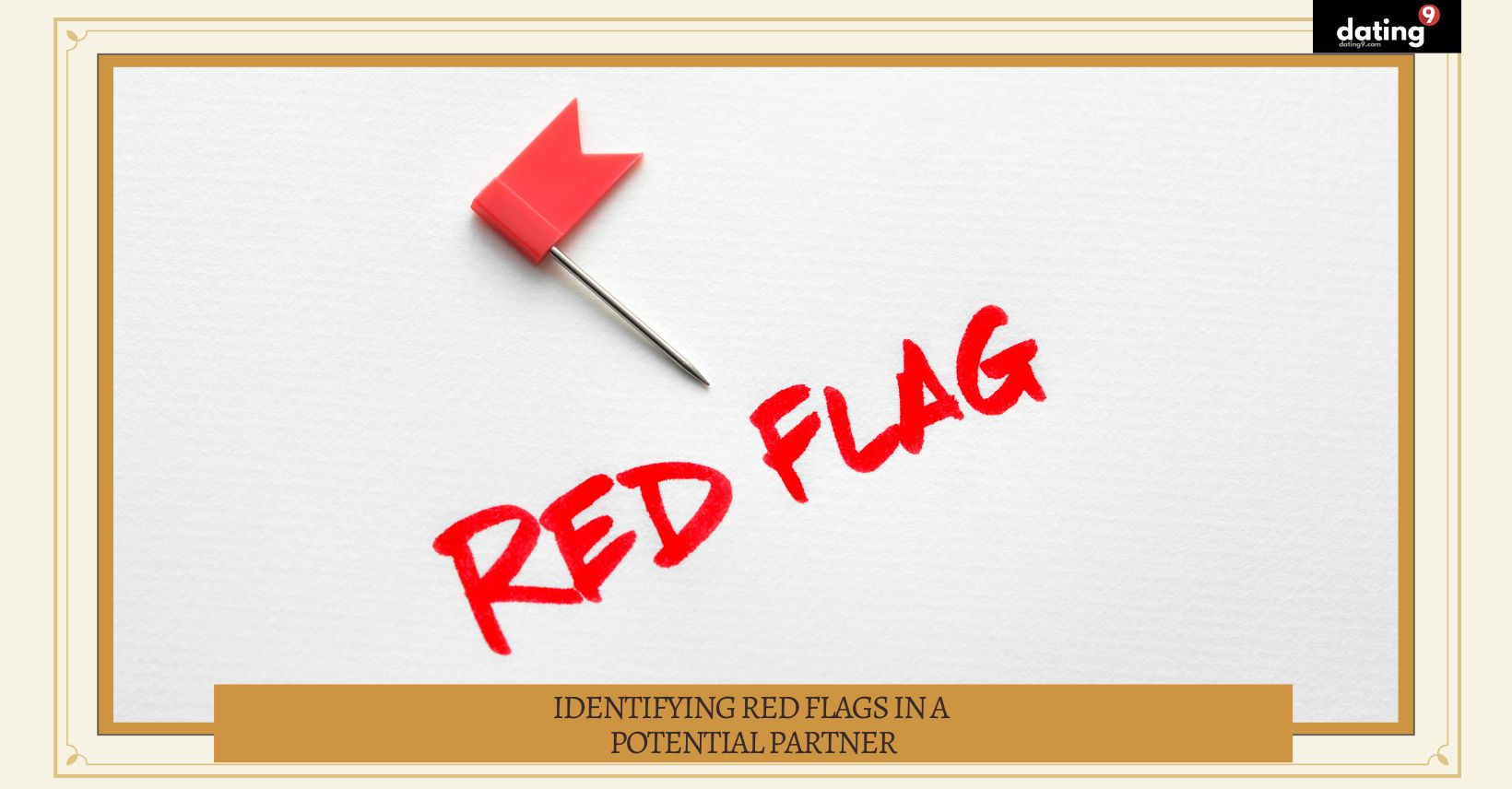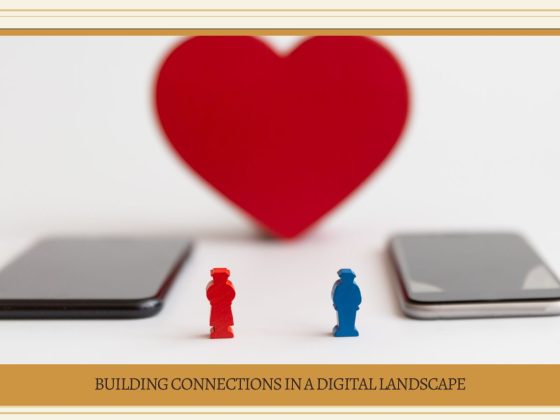Dating can be an exciting journey of getting to know someone new and exploring the possibilities of a meaningful relationship. However, it’s essential to approach dating with a discerning eye and an awareness of potential red flags. Red flags are warning signs indicating a potential partner may not be the best match or exhibiting behaviours that may lead to problems in the future. Recognising and addressing these red flags early on can save you from heartache and make way for a healthier, more fulfilling relationship. This section will explore some common dating red flags and offer tips on navigating them.
Lack of Respect and Empathy
One of the most significant red flags in dating is a lack of respect and empathy towards others. If your potential partner consistently displays rude or dismissive behaviour towards waitstaff, friends, family, or strangers, it may indicate a deeper issue with their character. Respect and empathy are crucial foundations for a healthy relationship, and if these qualities are absent in the early stages of dating, they are unlikely to improve as the relationship progresses.
Poor Communication Skills
Communication is the foundation of any good relationship. If your potential partner struggles to communicate openly, honestly, or consistently, it may lead to misunderstandings and conflict down the line. Pay attention to how they handle disagreements or avoid discussing important topics. Healthy relationships require open and transparent communication, and the absence of it can be a significant red flag.
Unwillingness to Compromise
A lack of willingness to compromise can signify a controlling or selfish personality. In a healthy relationship, both individuals must be open to compromise and meet in the middle for the sake of the partnership. If your potential partner consistently insists on having things their way without considering your needs or desires, it may be a red flag for future conflicts and power struggles. Building connections online requires an extra level of dedication to self-awareness and communication.
Frequent Flakiness or Unreliability
Consistency and reliability are essential traits in a partner. If your potential partner frequently cancels plans, arrives late, or fails to follow through on commitments, it may show a lack of respect for your time and emotions. Unreliable behaviour can lead to frustration and disappointment, potentially damaging the foundation of trust in the relationship.
Inability to Discuss the Future
While living in the present moment is essential, a potential partner who avoids discussing the future or making any commitment may have reservations about the relationship’s long-term potential. While taking things slow is normal, a complete unwillingness to discuss plans or goals may indicate a lack of investment in the relationship.
Jealousy and Possessiveness
Excessive jealousy and possessiveness can be indicators of relationship insecurity and a lack of trust. Suppose your potential partner displays controlling behaviour, such as dictating who you can spend time with or becoming angry when interacting with others. In that case, it may indicate an unhealthy dynamic that can lead to isolation and emotional manipulation.
Past Patterns of Infidelity or Betrayal
While people can change and grow, patterns of infidelity or betrayal in a potential partner’s past should be carefully considered. If they have a history of cheating or dishonesty in previous relationships, it’s crucial to have open conversations about their growth and commitment to building trust moving forward.
Lack of Accountability
Accountability is a vital aspect of personal growth and emotional maturity. If your potential partner consistently avoids taking responsibility for their actions, blames others for their mistakes, or plays the victim, it may be a red flag for future conflicts and a lack of emotional development.
Different Values and Life Goals
Shared values and life goals are essential for a strong and harmonious relationship. It may lead to ongoing disagreements and challenges if you and your potential partner have fundamentally different views on important aspects of life, such as family, career, or spirituality.
Disregard for Boundaries
Respecting each other’s boundaries is crucial for building trust and intimacy. Suppose your potential partner consistently disregards your boundaries or tries to pressure you into doing things you’re uncomfortable with. In that case, it’s a clear red flag for lack of respect and consideration.
Navigating Red Flags in Dating
While recognising red flags is essential, it’s also crucial to approach the dating process with a sense of empathy and understanding. People are complex, and everyone has their flaws and areas of growth. If you spot a potential red flag, it is critical that you discuss it openly and honestly with your partner. Communication is key to understanding each other’s perspectives and determining whether the issue can be resolved through open dialogue and compromise.
If the red flag persists and indicates significant incompatibility or potential harm, it may be necessary to consider ending the relationship early to avoid unnecessary pain and heartache. Trust your intuition and prioritise your emotional well-being when navigating red flags in dating. See more advice from trusted sources to help you make the best decision for you. Dating after divorce can be a daunting prospect, however, it can also be a period of personal growth and discovery.
Identifying and addressing red flags is an essential part of the dating process. Recognising warning signs such as lack of respect, poor communication, unwillingness to compromise, unreliability, and jealousy can save you from potentially unhealthy and unfulfilling relationships. Honest and open communication is essential when navigating red flags, and it’s crucial to prioritise your emotional well-being and long-term happiness. By recognising and addressing red flags early on, you may make more informed decisions and create the foundation for a healthy, loving, and fulfilling relationship in the future.



